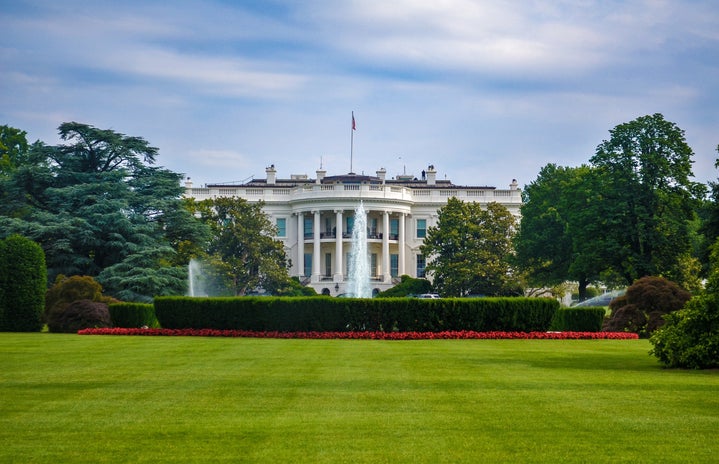By Brooke Walker
It’s been months since the U.S President election, and our country remains deeply polarized. People judged and still judge each other based on the candidate they vote for. Many, including myself, still feel passionate about the election results. I don’t try to hide the fact that I dislike Trump and voted for Hillary. For the majority of the time, I encounter people with same feelings and opinions as myself. But the other day at work, I was talking to my coworker casually and I discovered he was Trump supporter. It took me a second to register that the man in front of me had voted for someone I strongly opposed. I didn’t know what to think, and had so many questions and arguments ready to spew at him, but then I stopped myself. Is work the right place to even talk about politics in the first place? I excused myself from the conversation, getting back to work, but it stuck with me for the rest of my shift. How could he vote for Trump? I was appalled and I wondered if my other coworkers knew he voted for trump as well. But I refrained from taking it any further, because I knew the effects finding out someone’s political views can have on someone.
This wasn’t the first time I’ve worked with a Trump supporter too. Earlier this year I found out that another coworker of mine at a summer camp was also planning on voting for trump. I was sitting with my other female coworkers and at that time, I didn’t stop myself from asking why. I needed to know why the person I was going to be working with would vote for someone who I was vehemently against. His response? “As a straight white male, social issues don’t really affect me, so Trump makes the most sense economically.” I was stunned. From that moment on, I couldn’t respect or find the will to like him. Every time he did something wrong or acted entitled or didn’t do his job it brought me right back to his Trump statement.
Was this fair of me to do so? Absolutely not. I realize now that I shouldn’t have judged him or have gone into his reasoning for voting for Trump. We shouldn’t have even been talking about politics in the first place. I realized I’ve only been surrounded by likeminded and liberal leaning people. So I’ve always assumed bringing up politics would lead to everyone around me agreeing on subjects. This may be true in social settings, but work isn’t necessarily a social situation. I can’t choose my coworkers like I choose my friends, and I have to remember that everyone will have differing opinions. Learning from my past, I’ve decided to try my hardest to not bring politics into work. I realize people will talk about what they want, but by refraining to talk about it, it prevents me from making assumptions about people.
I’m still upset he voted for Trump. But I shouldn’t allow that to comprise how I work with him.


